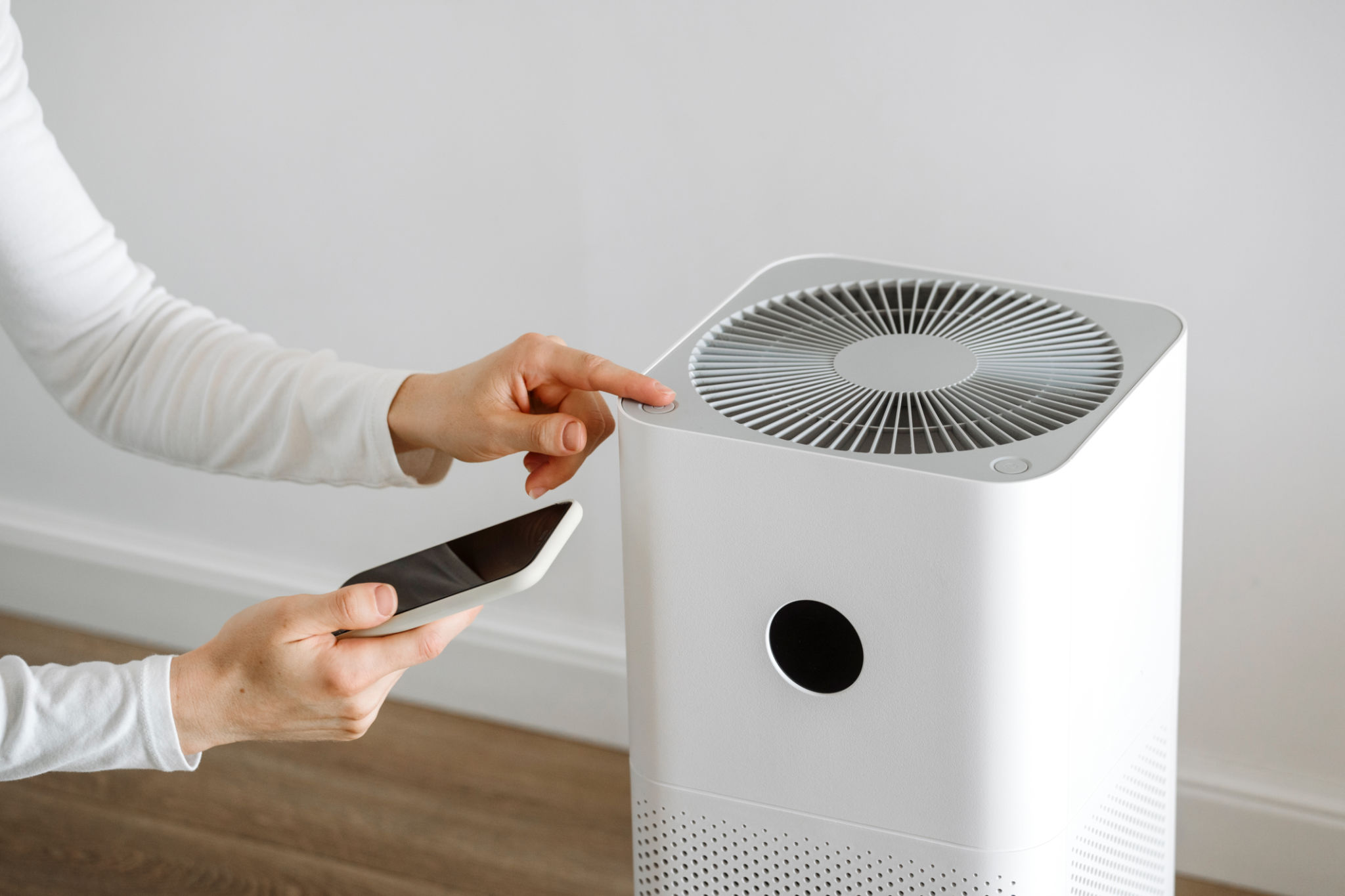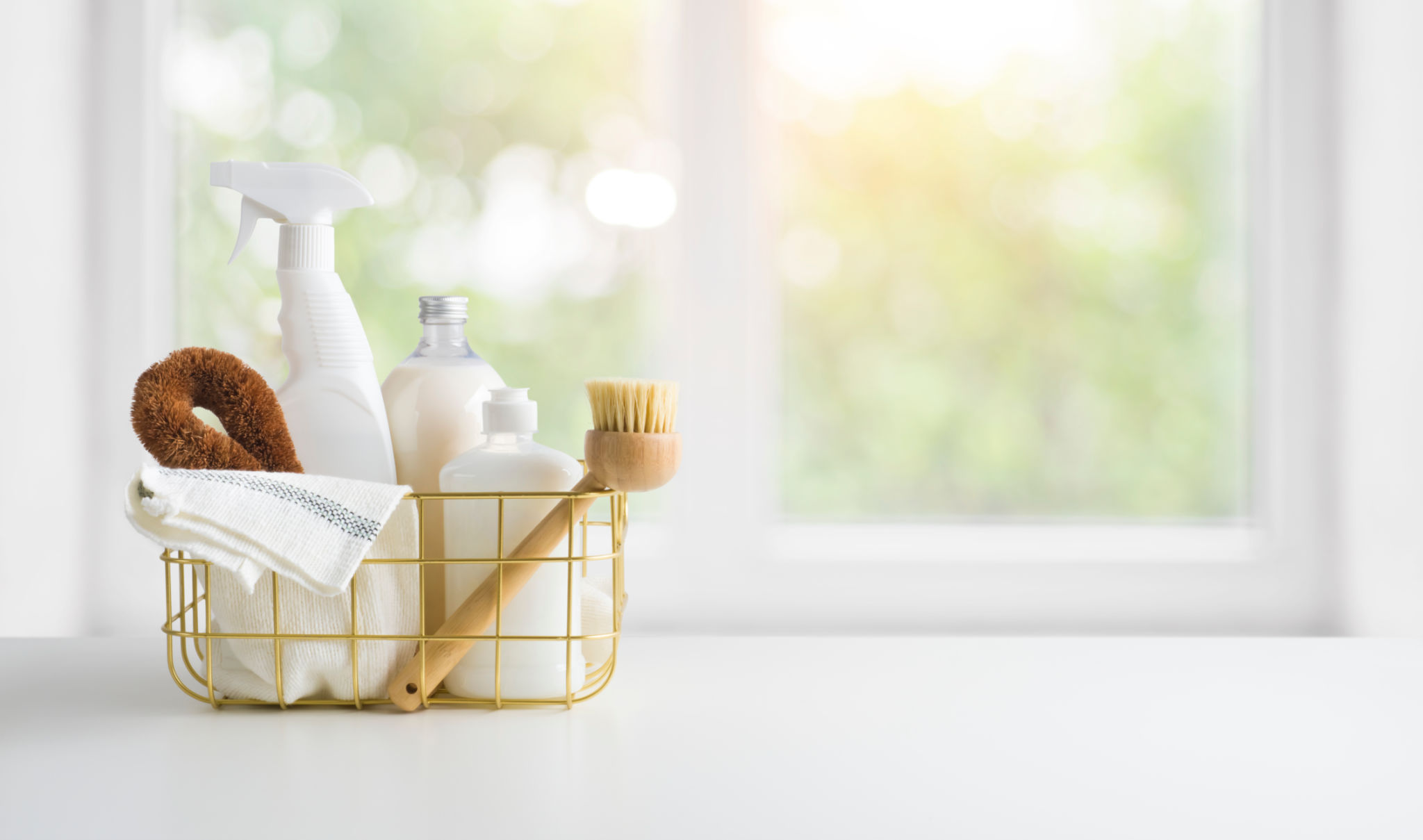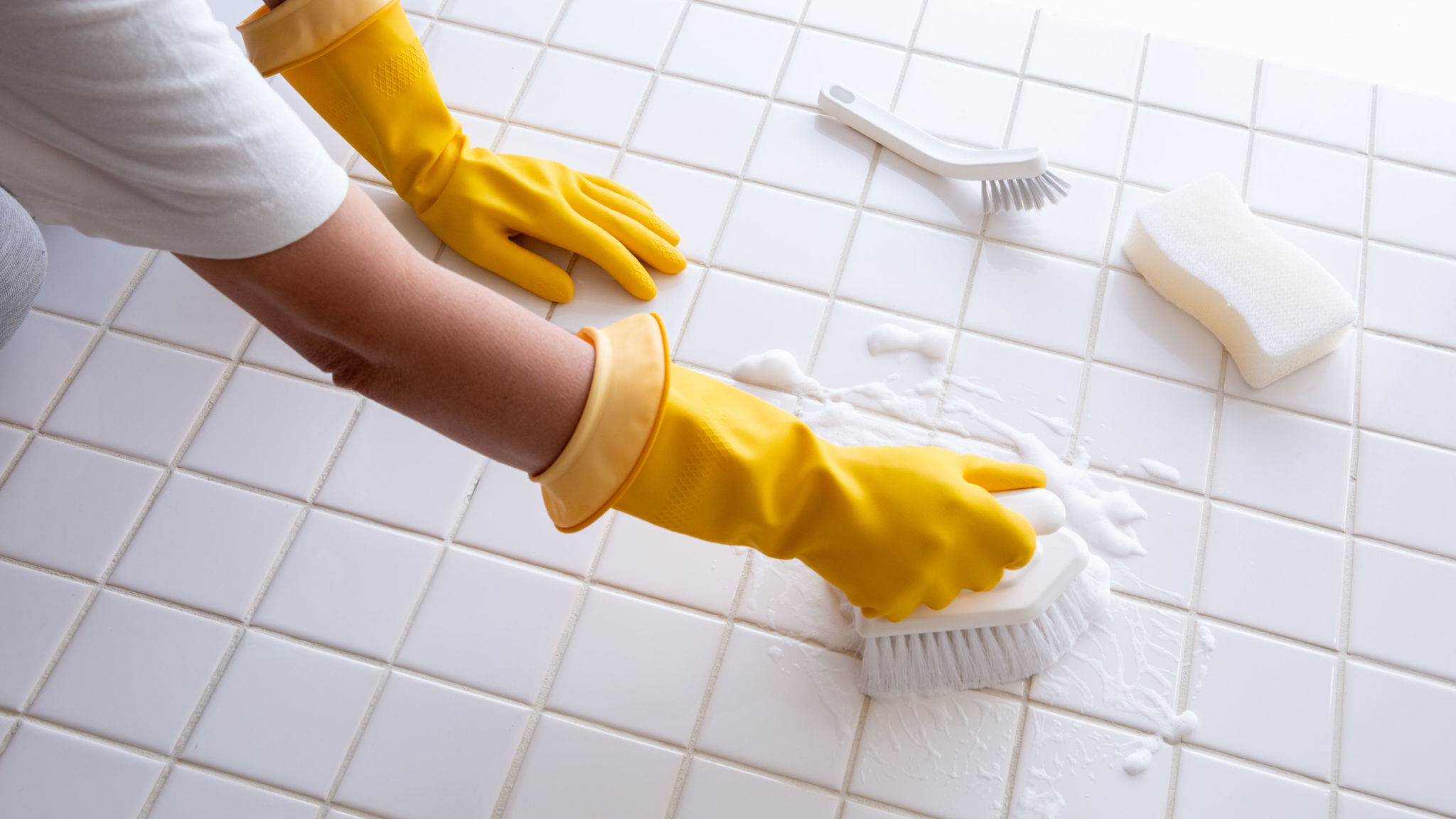Expert Tips for Maintaining a Clean and Healthy Home
Start with a Solid Cleaning Routine
Maintaining a clean and healthy home begins with establishing a consistent cleaning routine. A regular schedule not only helps to keep your home tidy but also minimizes the accumulation of dust and germs. Consider dedicating specific days to different tasks, such as vacuuming, mopping, and dusting. This approach ensures that no area is neglected and helps in managing time efficiently.
Creating a checklist for daily, weekly, and monthly chores can be a game-changer. Daily tasks might include wiping down kitchen counters and doing laundry, while weekly tasks could involve more thorough activities like cleaning bathrooms or changing bed linens.

The Importance of Decluttering
Clutter can quickly turn a clean home into a chaotic space. Regularly going through your belongings and deciding what to keep, donate, or discard can significantly reduce clutter. A clutter-free environment not only looks better but also provides a sense of calm and order.
Consider adopting the "one in, one out" rule: each time you bring a new item into your home, remove an old one. This practice helps to maintain balance and prevents unnecessary accumulation of items.
Ensure Good Air Quality
Air quality plays a crucial role in maintaining a healthy home. Regularly change air filters in your HVAC system to ensure they are functioning efficiently. Additionally, consider investing in air purifiers, especially if you have allergies or live in an area with poor air quality.

Houseplants are also an excellent way to improve air quality naturally. Plants like spider plants and peace lilies are known for their air-purifying properties and can add a touch of nature to your home decor.
Use Natural Cleaning Products
Switching to natural cleaning products is a simple yet effective way to maintain a healthy home environment. Many commercial cleaning products contain harsh chemicals that can be harmful to both health and the environment. Opt for eco-friendly alternatives or make your own cleaning solutions using ingredients like vinegar, baking soda, and lemon juice.
Read labels carefully and choose products that are free from toxic substances. Not only will this reduce chemical exposure, but it also promotes sustainability.

Pay Attention to High-Touch Areas
High-touch areas such as doorknobs, light switches, and remote controls can harbor a significant amount of germs. Regularly disinfect these surfaces to prevent the spread of bacteria and viruses. Using disinfectant wipes or sprays can make this task quick and effective.
In addition to regular cleaning, encourage household members to practice good hygiene by washing hands frequently, especially after touching shared surfaces.
Keep Your Kitchen Hygienic
The kitchen is often the heart of the home but can also be a hotspot for bacteria if not maintained properly. Ensure countertops, cutting boards, and appliances are cleaned regularly. Pay special attention to areas that come into contact with raw food to prevent cross-contamination.

Don't forget about the refrigerator! Clean it out periodically to remove expired items and wipe down shelves to keep it fresh and odor-free.
Maintain a Clean Bathroom
A clean bathroom is essential for overall home hygiene. Regularly scrub sinks, toilets, and showers to prevent mold and mildew buildup. Use appropriate cleaning products that effectively kill germs while being safe for your family.
Consider implementing small habits like wiping down shower walls after use to prevent soap scum buildup. Keeping ventilation fans on during showers can also help reduce moisture, preventing mold growth.

Create a Healthy Living Environment
Beyond cleaning, creating a healthy living environment involves incorporating elements that promote well-being. Ensure your home is well-lit and ventilated to foster a positive atmosphere. Introducing calming elements like essential oil diffusers or soothing music can also enhance comfort.
Emphasize the importance of personal habits such as maintaining a balanced diet, exercising regularly, and getting enough sleep, all of which contribute to overall health and well-being within the home.